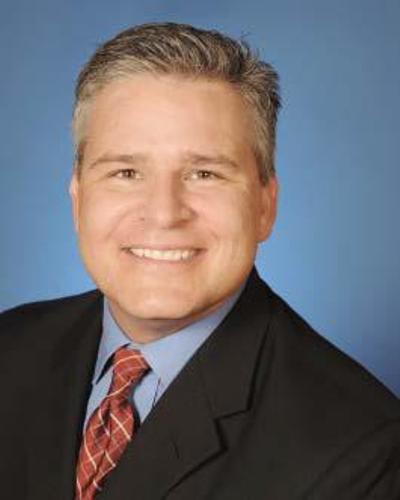 A recent column in the Editorial that appeared in The Hindu (Friday, April 3, 2009) titled “IT for Health” drew my interest in writing a few of my own thoughts.
A recent column in the Editorial that appeared in The Hindu (Friday, April 3, 2009) titled “IT for Health” drew my interest in writing a few of my own thoughts.
I could not agree more with the Editor’s observations about the benefits of electronic health records (EHR) and interoperable systems across platforms. As far as compliance on EHR in the US goes, the New England Journal of Medicine has been generous with its estimate of about 10% for hospitals and 17% for doctors – in reality it is even lower, but growing.

What is the reality in India? Firstly, a distinction between EHR and EMR while both refer electronic version of records, EMR is limited to a specific institution or a group of institutions, while EHR relates to a common platform that would allow disparate institutions in the private and government sector to share medical charts electronically (within strict guidelines for maintaining privacy of patient records). The whole idea behind the EHR philosophy is to allow the chart to be portable between hospitals allowing greater flexibility for patients and doctors. Having served on committees in the US on architecture and logistics of such a system, along with designing and implementing a system for integrating 11 hospitals across 3 states to provide reports to the top management, I can fully appreciate the advantage of such a system.
Where does that bring us in terms of electronic charts in India? I am unaware of any formal study that has been conducted about the prence of EHR or the number of doctors who actually use it, if it is available in their institution. My observation is that, at present, only a miniscule portion of doctors are enthusiastic about embracing this technology. Given the volume of patients they see in a day, it is hard to imagine physicians taking time to make notes directly into the system. There is also a stigma attached to doctors typing their own notes. But, like any other technology or practice, EHR will not gain a foothold unless there are some incentives and/or some penalties in the healthcare system.
There are several software packages currently available in the Indian market that offer EMR along with HIS (Hospital Information System), but unfortunately, there are only few takers for the EMR. Unless there is a serious effort at educating the medical community in India about benefits of an electronic system, we will miss out on this marvelous revolution. Selling HIS or EMR packages to hospitals should not be the goal but a by-product. Software companies should first invest time and effort to educate the customer. Then they need to sell the appropriate package if it is the right fit. We should rather not make a sale if it is not the right fit for the customer and keep his respect for ourselves and our company, than do otherwise and not be able to look him in the eye.

“We should rather not make a sale if it is not the right fit for the customer and keep his respect for ourselves and our company”
I personally consider that a large portion of the responsibility in advancing this electronic revolution in India rests upon the software community. Journalism in the IT sector and especially healthcare has come a long way in providing an excellent platform for those with experience to share their views and knowledge. Software companies can do a lot for the community they serve and for themselves by paying more attention to the needs of the medical community and gearing up to meet them. They can also share their knowledge with the medical community about all the marvelous things that are possible through software solutions. After all, if we can provide some of the top talent in software technology to the world should we not learn to benefit from that for our own advancement as well? What we really need is another Sam Pitroda to do the same for healthcare industry, what he did for telecommunications industry in India.
(The author, Inderjith Davalur, is currently the CEO of Aosta Software Technologies based in Coimbatore, India. He did his MBA and MS in healthcare administration from University of Massachusetts, USA and has worked for over 20 years in US since 1986. His background has exclusively been in healthcare IT and has served on patient privacy and electronic health record committees in the US.)
Be a part of Elets Collaborative Initiatives. Join Us for Upcoming Events and explore business opportunities. Like us on Facebook , connect with us on LinkedIn and follow us on Twitter , Instagram.



